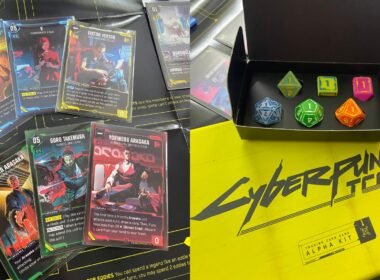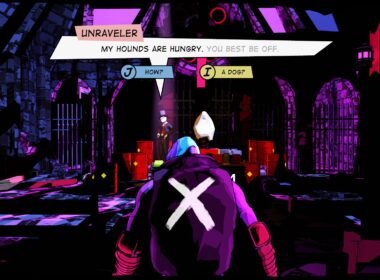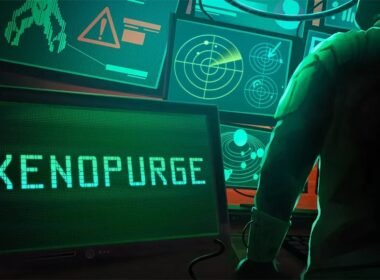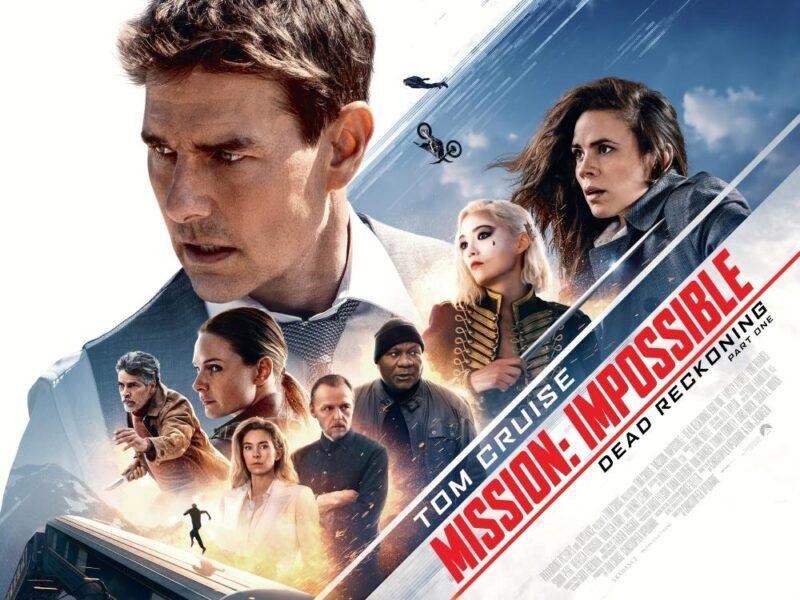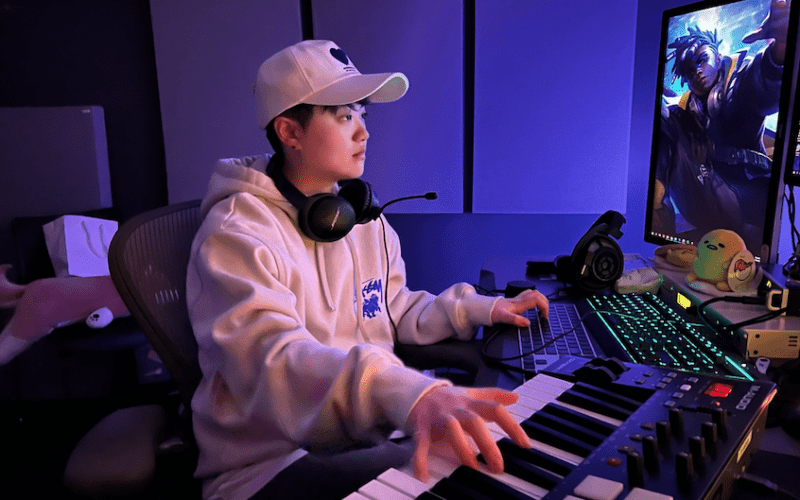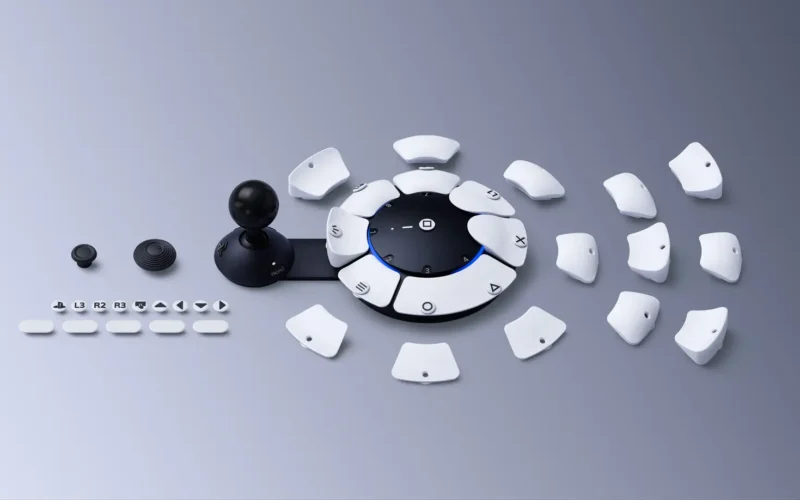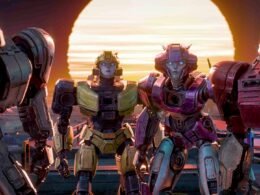Tom Cruise dropkicks his way off a cliff into cinemas to deliver the 7th installment of one of the most respected (and lucrative) series of the last 50 years, with veterans Ving Rhames, Simon Pegg and Rebecca Ferguson reprising their respective roles and forming the esteemed Impossible Mission Force (IMF). Newcomers Hayley Atwell, Pom Klementieff (both of Marvel Cinematic Universe fame) and Esai Morales join the ensemble cast.
Mission: Impossible – Dead Reckoning Part 1 (DR1, for short) was produced by the team helmed by writer and director Christopher MacQuarrie, cinematographer Fraser Taggart, composer Lorne Balfe, and editor Eddie Hamilton who were also responsible for 2018’s widely acclaimed M:I – Fallout. DR1 is the first of a planned duology finale for the series and is also speculated to be Cruise’s penultimate outing as one of cinema’s most revered super-spies.
Ethan Hunt’s new mission is to retrieve a pair of keys and unlock the secrets behind an artificial intelligence with the power to mold humanity’s future to its whims, all while evading a host of factions vying to control the mysterious cyber entity.

The plot of the Mission movies are simple by design since Cruise’s true mission is to plant as many butts into theater seats as possible. We all know the winning formula by now: A globe-trotting MacGuffin chase filled with political intrigue, “mask reveals”, plenty of running tracking shots, immaculate heists, jaw-dropping stunts and a pulse pounding score. DR1 delivers everything we’ve come to expect and love but also does plenty to set itself apart from its predecessors, comfortably earning its spot among the pantheon of M:I films and more importantly, action cinema at large.
Where DR1 deviates is telling an overarching narrative with the “Part x” format, a trend that’s resurged (for better or worse) in recent years with films like Part 1s of Dune, Spider-Verse, and the Fast and Furious series having aired. DR1 spends plenty of runtime laying the foundations of a grand conflict and intrigue that doesn’t necessarily see its conclusion here.
Despite that, the majority of character arcs and plots established in DR1 are executed to fruition and the film never, at any point, feels like an incomplete product. If you’re worried that the “Part 1” in the title might indicate a watered down experience, don’t be. DR1 threads the needle by simultaneously being a standalone film, while building excitement for the finale.

DR1 is a visual treat as every shot, each panorama and every blow is captured with microscopic precision and edited to form one of the cleanest and most pleasant viewings in recent memory. The choreography and dialogue is efficient but not rushed, and a keen emphasis on clarity makes the film easy to follow. The colour palette is vibrant and stimulating, and is such a welcome change from the muddy desaturation that’s popular in many other contemporary action films.
The action this time appears heavily influenced by external works like The Italian Job, Uncharted 2, Metal Gear Solid and John Wick, which give you more to chew on if you’re a seasoned gamer or moviegoer. An entire sequence near the end is even reminiscent of the first Mission: Impossible film and DR1 resonates with Brian DePalma’s 1996 classic in more ways than one. However, rather than blatantly copying its inspirations, DR1 compensates this lack of originality by reiterating each stunt, adding new twists and complexities to a stunt we’ve seen elsewhere before, all while ramping up the intensity and grandeur tremendously.
DR1 utilises the franchise’s extensive history and is perhaps the most self-referential movie in the franchise. Expect returning characters, setpieces and even camera angles that made the original movie so memorable. I rewatched the entire franchise before writing this review and I can confidently say veterans are going to be treated to a healthy dose of fan-service.
This is also the funniest Mission: Impossible. DR1’s script introduced a lot more humour (both verbal and physical) than we’re used to seeing, and is an enjoyable departure from the somber tone of its predecessor and thrillers. There were ‘laugh-out-loud’ moments in my theater, but not so many as to be egregious. The use of humour was quite sparing and tactical, complementing tense action scenes rather than diminishing them.

As expected of Cruise and co, DR1 continues the tradition of practical and personal stuntwork, and my mind still can’t wrap around the fact that actual humans performed these death-defying feats! Mission: Impossible films will be an insurer’s worst nightmare and I’m all for it, if it means we continue to get meaty and tangible action like this.
Despite the 2 hours and 43 minute runtime, which I feel is overlong, the pacing of the film is steady and it’s all thanks to editor Eddie Hamilton’s deft touch in oscillating between action, exposition and drama. Each scene never overstays and the audience is always in the moment. The film crescendos in a white-knuckle final act that delivers a barrage of excitement and danger that wouldn’t feel out of place as a closer for nearly any other film. Quite simply, if this is how Part 1 ends, I’m excited (and also frightened) by what they might achieve for Part 2’s closing act.
The film also knocks it out of the auditory park and the clever use of a swelling score, bombastic sounds and even silence punctuates both moments of exhilaration and the more meditative scenes. As a specific example in a critical scene, the filmmakers muted every other sound, leaving composer Lorne Balfe’s soundtrack front and centre for several whole minutes, washing the audience with a tangible dread following some very brutal onscreen events. It’s a masterful scene that’s incredibly effective and boldly underscores the emotional weight of the pivotal tragedy.

Now to embellish on performances, Cruise has and always will carry the dramatic weight of this franchise. His enthusiasm and professionalism is unparalleled. I can name virtually NO ONE else in Hollywood that has played a character 7 times in a row (into his 60s, no less) that can match him in commitment to his craft, especially physically.
Narratively, Ethan Hunt is exhausted, run ragged from saving the world countless times, and yet another existential threat rears its ugly head. Cruise utterly sells the fatigue and anguish of Hunt, and believe me when I say that DR1 puts him through the emotional wringer. Pitted against inhuman foes like “The Entity” and other phantoms, the movie hints that Ethan might just be sacrificing more of his soul than he can afford. This time, Luther, Benji and Ilsa (played by Rhames, Pegg and Ferguson respectively), play an essential role as emotional, rather than tactical, support just to keep our protagonist crawling forward for one final “Mission Accomplished”.
Amongst the new cast, my highest praises go to Hayley Atwell, who plays the master thief Grace and is introduced in the most chaotic way imaginable. She holds her own opposite Cruise, possessing the wits to verbally and psychologically spar with Ethan for most of the film.
Despite a gap of seven years since starring as the titular (but sadly defunct) Agent Carter in 2016, Atwell channels her inner secret agent impeccably, portraying a cocky and mischievous rogue, who is often out of her depth. Grace’s integration into the IMF is organic and every frame she’s in is electric. I’m delighted that Atwell’s been given another shot at mainstream success because she’s a remarkably charismatic heroine whom I hope to see leading her own blockbuster one day.

Besides that, Pom Klementieff plays the assassin/enforcer Paris, who enjoys her job a little too much, and is viciously entertaining. Unfortunately the same cannot be said of Esai Morales’ “Gabriel”, a man with a vital connection to Hunt predating the entire series. His acting is serviceable but I felt that his performance was held back due to being poorly fleshed out as a character.
I suspect his underdevelopment is a casualty of the Part 1 & 2 structure and I hope that the next installment might give Morales another chance to make his mark. But for now, his character leaves me utterly unsatisfied. That leaves my one other gripe with this movie, which is hyperspecific and probably a personal grievance.
(Possible spoilers ahead: Skip to the ‘Final Thoughts’ if you’d like to remain spoiler-free!)
I’ve always enjoyed speculative sci-fi and DR1 draws further inspiration from other greats like Captain America: The Winter Soldier and 2001: A Space Odyssey on the narrative front. Although the IMF normally relies on futuristic gadgets to give them an edge, the AI threat usurps those weapons and disempowers our heroes. They’re forced to fall back on manual tech and their ingenuity to beat the odds which is a great way to give our protagonists greater challenges. However, these weapon malfunctions occur inconsistently and as a result never really drive home how dangerous the new sentient foe is and I wished they had made the villain MUCH more menacing and omnipresent.
Final Thoughts
No other SEVENTH movie in a franchise has any right being this good. The cast and crew behind this series are the best-in-class and have deliberately, patiently and expertly crafted another monumental cinematic event. Dead Reckoning Part 1 elevates the series to new heights and outdoes every installment before it in terms of scale and spectacle alone. It may not be the most sophisticated storyline, but it is a highly personal one. It’s an enthralling prelude to the conclusion of a saga nearly three decades old.
You don’t need to be a fan to see this, but when you reach the credits, you’ll be one. A movie of this magnitude must be experienced on the big screen and Dead Reckoning Part 1 earns every dollar you’re paying to see it. One of the best films of the year, and definitely the best action film thus far.
This article was written by Richard Teoh. A member of The Cham Drinkers, he streams on Twitch and you can contact him via Twitter.


